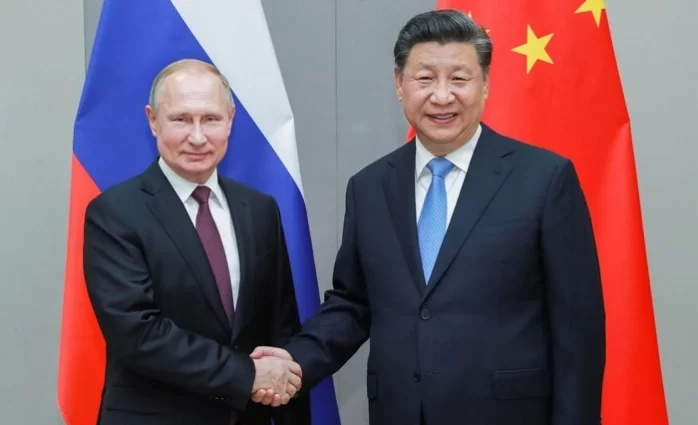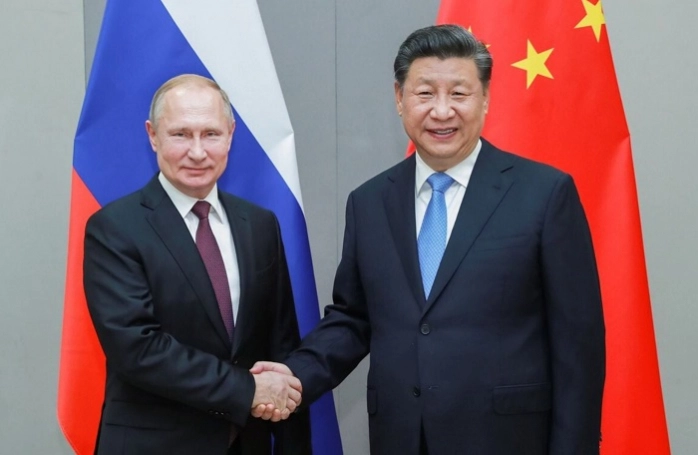Hungary: EU can push itself into a corner because of Russia’s ‘sanctions hysteria’
Speaking at the Budapest International Peace Forum on June 6, Hungarian Foreign Minister Szijjarto said that “the EU can push itself into a corner with sanctions hysteria”, which has severely weakened the economy and pose a threat to energy security.
Szijjarto said that EU sanctions against Russia not only failed to achieve the stated goal of ending the conflict in Ukraine, but only caused serious problems in the European and global economy.
“Now the debate continues about the 11th package of sanctions, but I think it is clear to everyone that the sanctions have failed,” Hungary’s foreign minister told the forum.
“Apart from the fact that there is a war going on in Europe and people are dying, the economic consequences of this war are most pronounced here, in the European Union, not abroad. One year and three months after the conflict broke out in Ukraine, the risk of escalation increases and the economic competitiveness of the EU has decreased compared to the US,” Szijjarto stressed.
In this regard, the foreign minister confirmed that the Hungarian government proposes to find a way to resolve the Ukraine conflict in another way, which is to call on the warring parties to cease fire immediately and begin peace negotiations.
In a related move, an unnamed official of the Russian Delegation to the World Trade Organization (WTO) on June 6 said that Moscow opposes Brussels’ implementation of a trade policy that is not in accordance with international rules and is subject to abuse. dominated by political factors.
The Russian official added that Moscow is deeply concerned about the EU’s downplaying of the consequences of the move for other WTO members as well as for the union itself.
According to Russia’s trade mission to the WTO, the EU is “shooting itself in the foot” when it comes to imposing sanctions on Moscow. The EU’s anti-Russian sanctions have disrupted world trade, which has also led to a sharp increase in commodity prices in Europe, high inflation and increased political instability in the region.
After Russia launched a special military operation in Ukraine, the West stepped up punitive pressure on Moscow. EU countries consider giving up Russian oil and gas. Many countries announced a freeze on Russian assets and called for the abandonment of Russian energy. All of this has become a problem for the US and Europe, sending fuel and food prices soaring.
Recently, the World Bank forecast that Russia’s GDP in real terms will shrink by 0.2% in 2023 and expect growth of 1.2% in 2024.
According to the data outlined in the document, the estimated GDP reduction for the current year is up 3.1 percentage points from the January forecast and down 0.4 percentage point for 2024.
The Russian Ministry of Economic Development predicts Russia’s GDP growth in 2023 at 1.2%. The Bank of Russia also expects economic growth in 2023 to be in the range of 0.5-2%.

